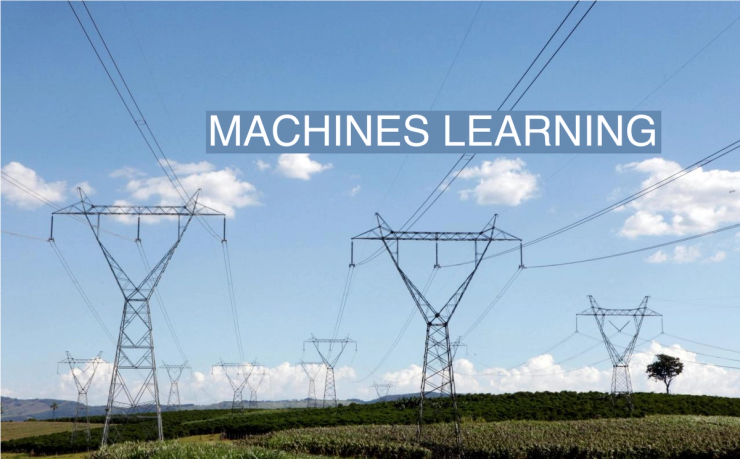The Scoop
The U.S. Department of Energy today opened a new office tasked with coordinating the government’s support for and use of artificial intelligence and other cutting-edge technologies to fight climate change, stave off pandemics, and protect the country’s security.
The Office of Critical and Emerging Technology will oversee AI, biotech, quantum computing, and semiconductors, and will be led by newly-appointed DOE Chief Artificial Intelligence Officer Helena Fu, a former top technology and security official on the National Security Council and at DOE. The new office was mandated by an executive order on AI issued by President Joe Biden in October.
In this article:
Tim’s view
AI is quickly emerging as one of the most powerful tools for fighting climate change. It can help develop and test new materials for batteries and solar cells, manage the electric grid, study climate patterns, and monitor emissions, among other applications. But it also has risks, such as the possibility of data leaks and invasions of privacy, and costs, including the vast quantities of energy needed to power the computing that drives it. The DOE has a lot of resources to bring to bear on boosting the opportunities and curbing the risks, including grant funding for AI startups, access to some of the world’s fastest and most energy-efficient supercomputers, and the brains of scientists at the national labs.
Fu’s job will be to marshal all those resources, which today are scattered across the agency, in the same direction, and rope in a wider base of agencies, scientists, and entrepreneurs, she told Semafor.
“We have so many smart people at DOE who are focused on their specific piece of the mission,” she said. “One of the things we need to do better, on technologies like AI, is making ourselves known and thinking proactively about this set of issues, because it’s just so important.”
Some of Fu’s early priorities for the office, she said, will be to support the use of AI in developing nuclear fusion power; to increase the energy efficiency of supercomputers, so AI doesn’t become a major source of greenhouse gas emissions; to test AI models for vulnerabilities to hackers; and to make DOE’s vast stores of physics, energy, and climate data more broadly accessible to scientists and private-sector AI developers.
Fu is a good choice for the role, said David Sandalow, a climate-policy expert at Columbia University and a former senior DOE official. “She’s an extremely capable DOE veteran with vast government experience,” he said. “I hope this office will integrate AI tools into all aspects of DOE’s mission.”
Room for Disagreement
DOE isn’t planning to venture into regulating the use of AI, Fu said. Instead, it will focus on finding vulnerabilities or possible abuses, and hand those off to other agencies. In the energy context, for example, some experts fear the use of AI in infrastructure planning could lead to conflicts over land use, especially in low-income areas. The U.S. lags behind Europe in implementing restrictions on how and when AI can be used, but such rules are likely coming, Fu said: “Our focus as a research and development agency is to develop basically the meat and bones of what could go into regulation.”
One area where the new DOE office could prove useful is in making sure the technical details of any proposed regulation in the U.S. are in step with those in Europe or elsewhere, said Lorenzo Saa, chief sustainability officer at Clarity AI, which develops AI-based software for corporate sustainability planning and investors.
“They can ensure that operators don’t have to think of completely different regulations around the world, which stifles innovation,” he said. “In climate, what you need is everything, everywhere, all at once.”
Notable
- Microsoft is making an interesting bet on nuclear energy and AI. The tech company is planning to use nuclear power to run its AI operations, The Wall Street Journal reported — but is also experimenting with how generative AI models like ChatGPT could be used to speed up the cumbersome nuclear-energy permitting process.


